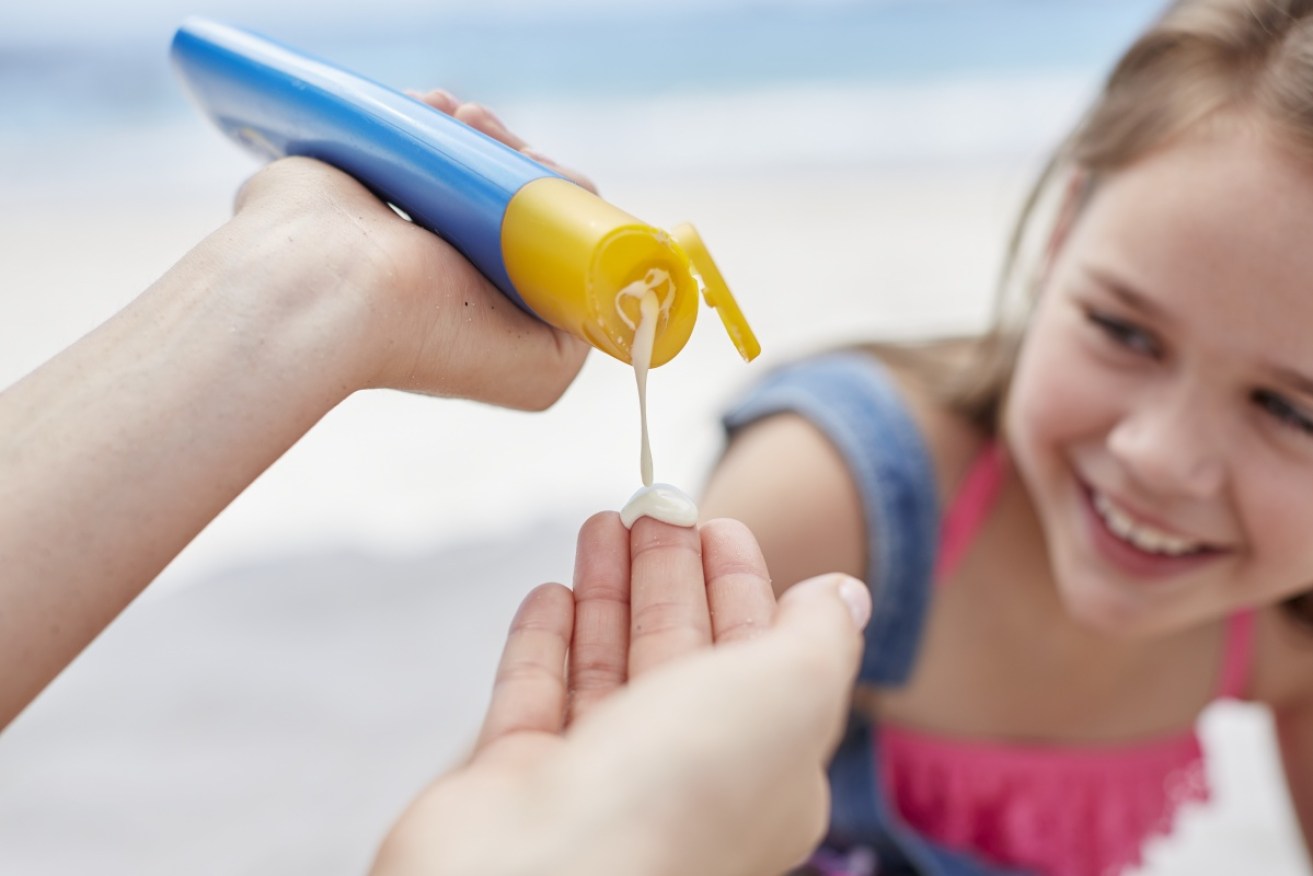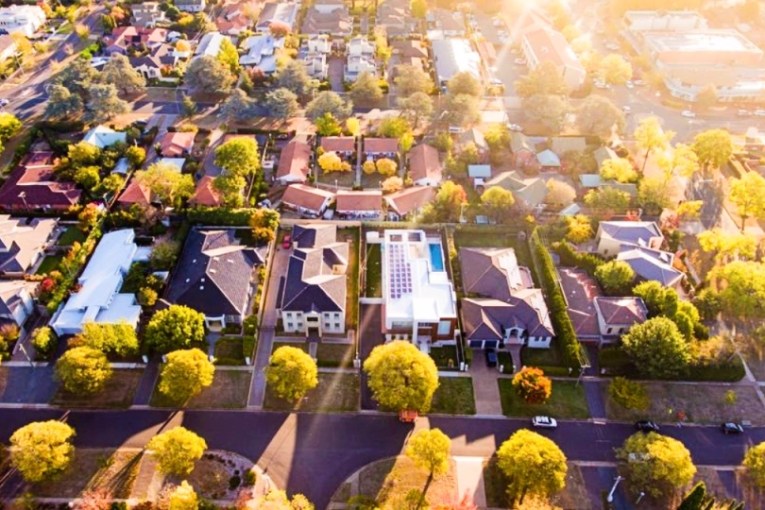Hawaii sunscreen ban: Government warns of sunscreen harm to Great Barrier Reef


If you care about Australia's Great Barrier Reef, you should avoid these sunscreens on your next visit. Photo: Getty
The Queensland Government has warned holiday-goers planning to swim at the Great Barrier Reef that their choice of sunscreen could inadvertently be damaging the coral reef.
The advice came just days after Hawaii passed a bill to ban the sale of sunscreen containing certain chemicals which have been found to cause coral bleaching when the sun cream washes off the skin in the ocean.
These are common ingredients that feature in popular 50+ sunscreen products found on Australian pharmacy and supermarket shelves.
These include Banana Boat Everyday, Coles Everyday Sunscreen, Coles Kids Sunscreen, Cetaphil Suntivity Kids, Ombra Ultra Sport and Kids and Neutrogena Ultra Sheer.
The chemicals – oxybenzone and octinoxate – are so commonly used that if there were to be a similar ban on these ingredients in Australia, it would immediately cull almost 40 per cent of sunscreens currently on the market, according to a sunscreen expert.

The Great Barrier Reef is at risk of coral bleaching by sunscreen. Photo: Getty
About 14,000 tonnes of sunscreen is estimated to be deposited in oceans every year, with the greatest damage found in tourist hotspots, including reefs popular for snorkelling.
A Queensland Department of Environment and Science spokeswoman said international research has shown many sunscreens contain chemicals that can be “harmful, or even fatal” to coral.
“The Great Barrier Reef Marine Park Authority advises visitors to wear environmentally friendly benzene-free sunscreen,” she said.
“This can include sunscreens containing titanium oxide and zinc oxide, as these chemicals are not as harmful to corals as oxybenzone, octinoxate and butylparaben.
” … overseas studies have shown that very low concentrations of sunscreen (10 microlitres/litre) can result in complete bleaching of hard corals within 96 hours.”
When The New Daily asked the department whether it would support calls for a ban on these sunscreen ingredients in Australia, the spokesperson declined to comment.
Nial Wheate, a pharmaceutical chemist and associate professor at the University of Sydney, said the sunscreen chemicals Hawaii intends to ban both serve as filters to UV light.
“I wouldn’t support a ban in Australia because I think it would cause more health problems and it would be unlikely to really help our reef,” he said.
“Carbon dioxide emissions and higher temperatures are what’s killing the reef. The effects of sunscreen would be minor in comparison.
“I think it’s more important that people protect themselves from the sun.”
Alternative sunscreens to stay sun smart
Professor Sanchia Aranda, CEO of Cancer Council Australia, said that those who do not wish to use sunscreen with these ingredients are safe to use Cancer Council-branded products or other alternatives.
“It is possible for sunscreens to be effective without these two ingredients if alternatives are used,” she said.
“We don’t use oxybenzone in any of our sunscreen products and haven’t for some time.
“Octinoxate is currently used in our Ultra Lip Balm, but this product has recently been discontinued. It is also currently in our Classic Zinc sunscreen, which will be reformulated for next summer.”
Great Barrier Reef Foundation managing director Anna Marsden said it is supportive of “any measures to reduce the stressors affecting our coral reefs”.
“But there is no single solution.”







